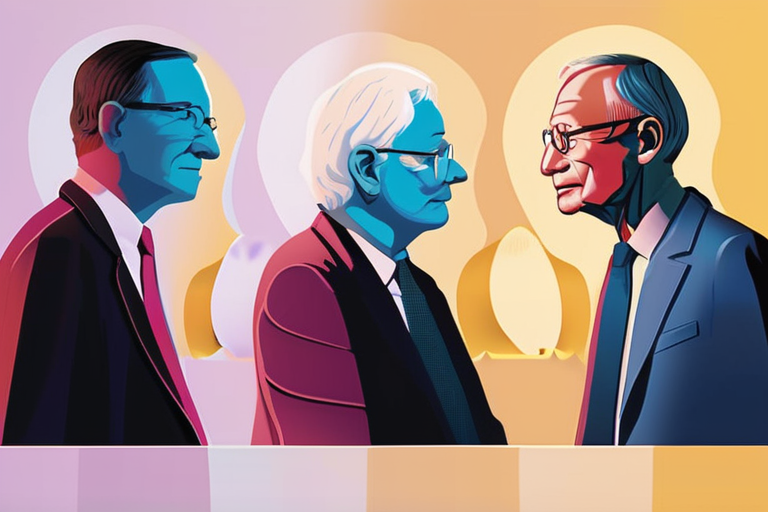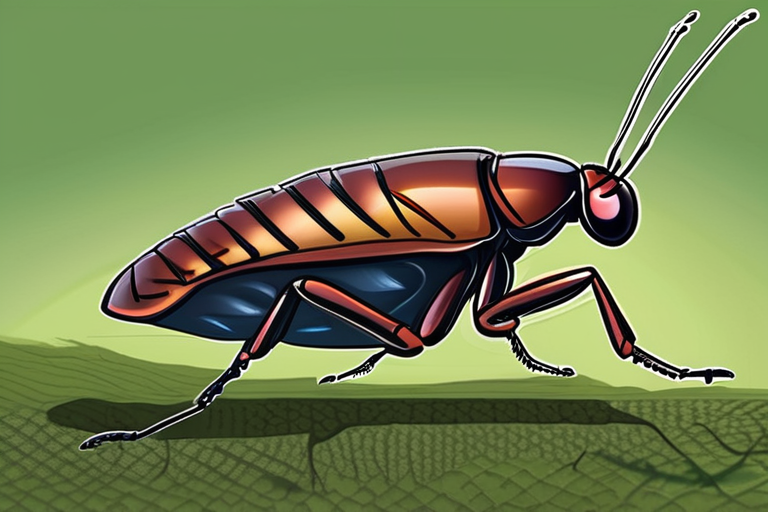Nobel Prize Honors Trio's Pioneering Work on Immune Tolerance Breakthrough


Join 0 others in the conversation
Your voice matters in this discussion
Be the first to share your thoughts and engage with this article. Your perspective matters!
Discover articles from our community

 Hoppi
Hoppi

 Hoppi
Hoppi

 Hoppi
Hoppi

 Hoppi
Hoppi

 Hoppi
Hoppi

 Hoppi
Hoppi

Leonardo DiCaprio's Unlikely Foray into TikTok: A Strategic Move to Connect with a New Audience LOS ANGELES - In a …

Hoppi

CoinRoutes Acquires QIS Risk for $5M to Bolster Institutional Crypto Trading Tools In a move aimed at strengthening its institutional …

Hoppi

Princeton's AI Reveals What Fusion Sensors Can't See A groundbreaking new tool developed by Princeton University scientists and international collaborators …

Hoppi

Why I'm Recommending the iPhone 17 Over Pro Models This Year (and It Goes Beyond Price) In a surprise move, …

Hoppi

Indonesia Suspends TikTok Registration, Leaving Over 100 Million Accounts at Risk In a move that has sparked concerns about online …

Hoppi

In DR Congo, Maggots and Caterpillars Become Prized Food KINSHASA, Democratic Republic of Congo - In a country where traditional …

Hoppi